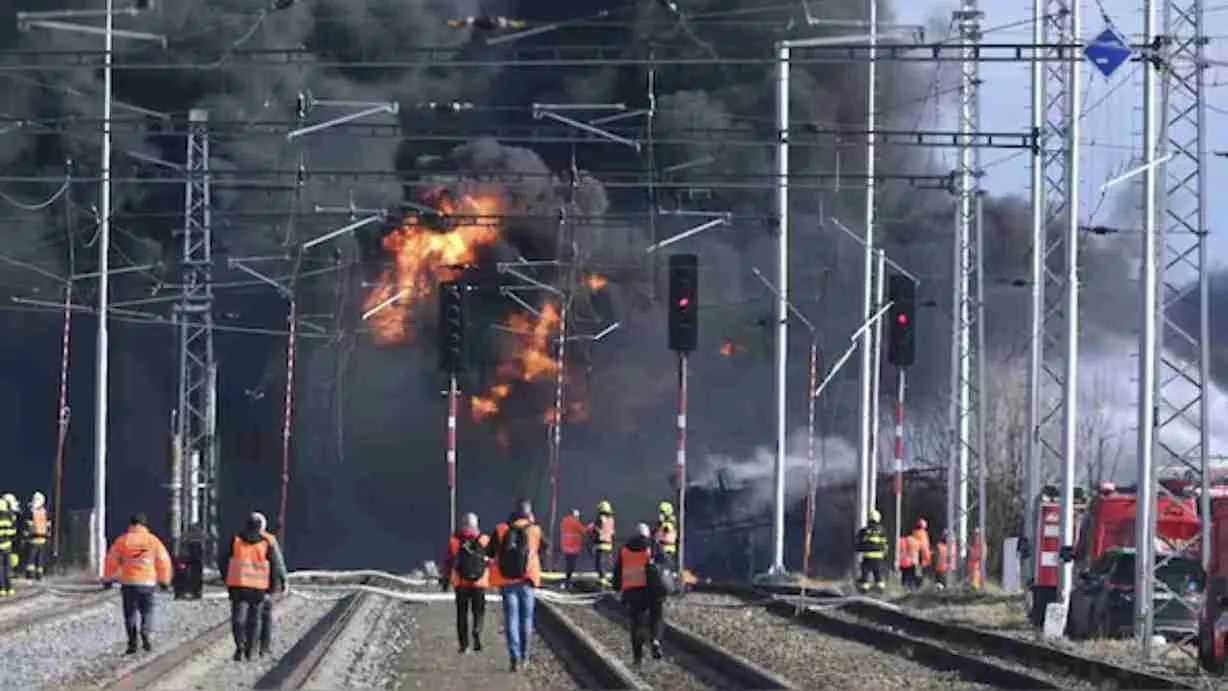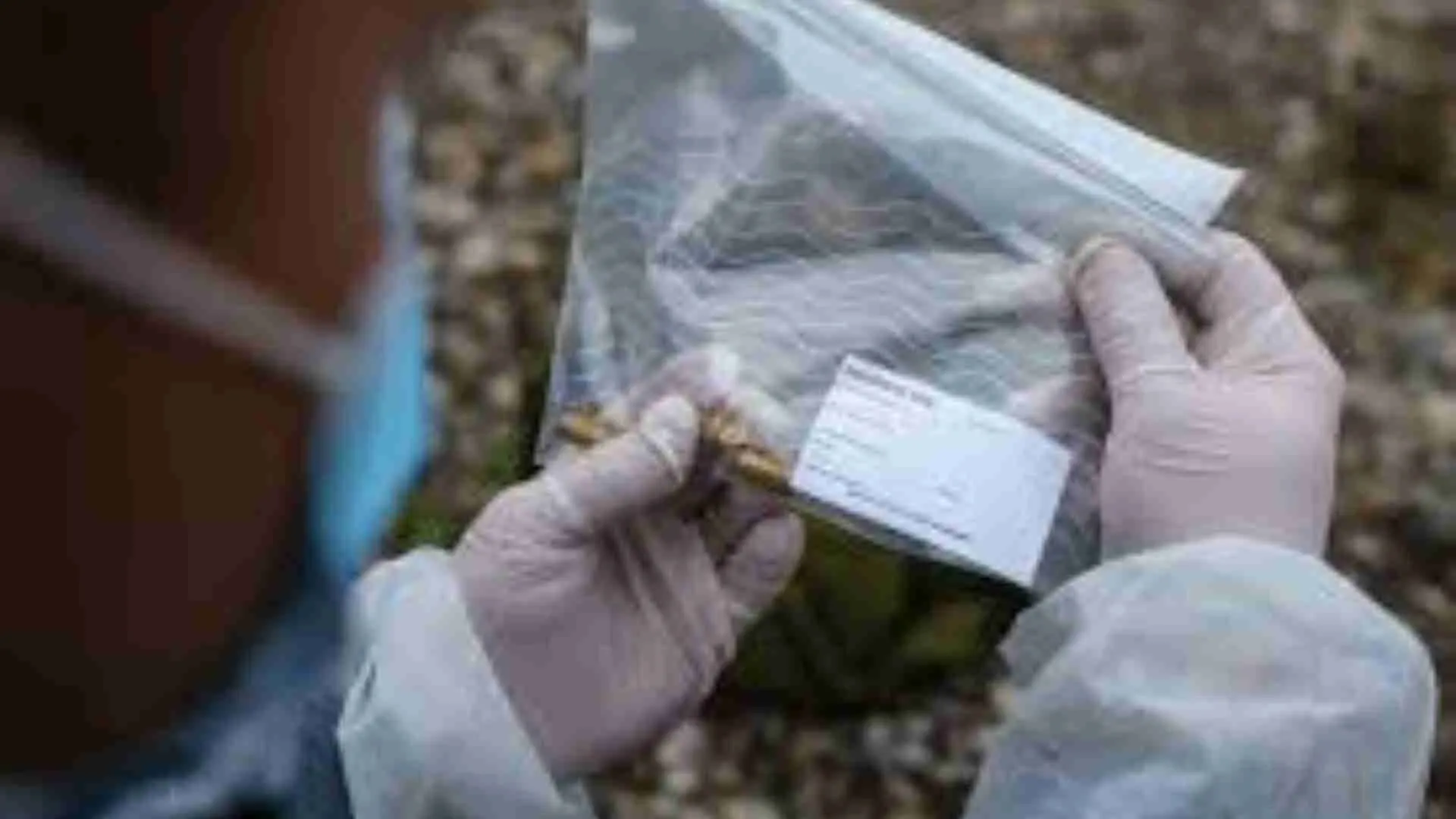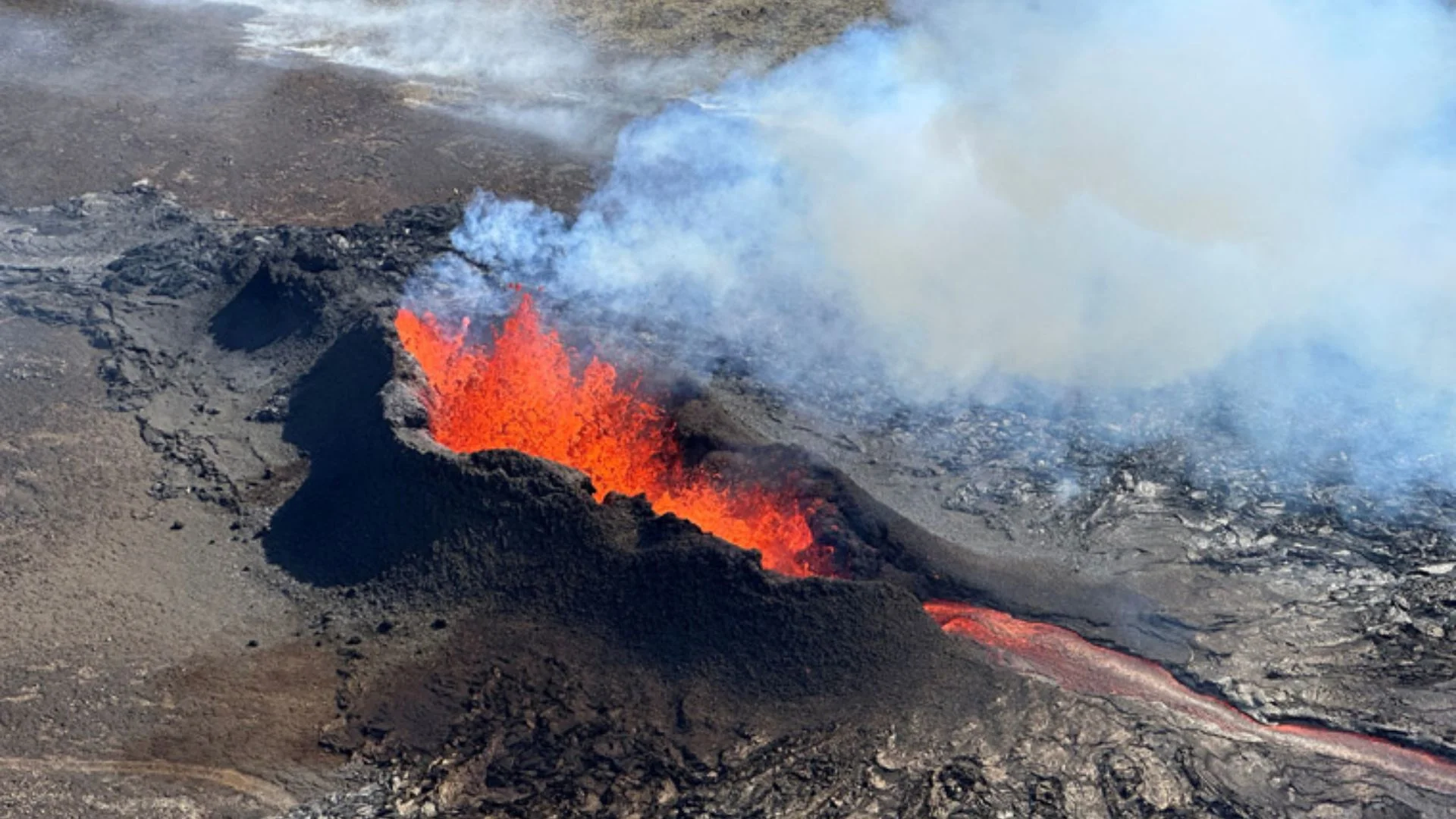Authorities in the Czech Republic have declared a state of emergency in the Olomouc region following a catastrophic benzene spill caused by a freight train derailment. Officials are calling it the largest benzene contamination of its kind worldwide.
State of Emergency Declared
Olomouc Governor Ladislav Okleštěk announced the emergency measures, which primarily affect Hustopeče nad Bečvou in the Přerov district. The chemical spill has severely polluted local soil and water sources, including a nearby lake.
“We have unanimously agreed to declare a state of emergency as of 12:00 today in the Olomouc Region,” Okleštěk stated. The declaration grants local authorities the ability to enforce work obligations, mobilize resources, and restrict movement in contaminated areas to accelerate cleanup efforts, according to Euronews.
Freight Train Crash Leads to Disaster
The derailment occurred on February 28 when a high-speed freight train crashed at the entrance of Hustopeče station. The impact caused most of its 17 carriages to catch fire, spilling approximately 350 tonnes of benzene from tankers carrying a total of 1,020 tonnes. A significant portion of the toxic substance seeped into groundwater, raising serious environmental and health concerns.
Dangers of Benzene-Contaminated Water
Benzene, classified as a Group 1 carcinogen by the World Health Organization (WHO), poses severe health risks. Exposure to high levels, even for short periods, can cause dizziness, confusion, vomiting, rapid heart rate, convulsions, and, in extreme cases, loss of consciousness or death.
Environment Minister Petr Hladik emphasized the urgency of the situation. “The first benzene-affected water well appeared in the area within hours,” he said. “We had to act quickly.”
Efforts to Contain the Toxic Spill
Specialist teams have begun extracting benzene from contaminated groundwater and have dug numerous remediation pits between the railway tracks and the affected lake. To limit the spread, crews are installing Larsen walls—underground barriers extending as deep as seven meters—to contain the toxic plume.
The financial impact of the disaster is estimated at CZK 1 billion (€40.1 million), according to Okleštěk. The state of emergency will remain in effect until April 27 as efforts continue to prevent further contamination and protect public health.























